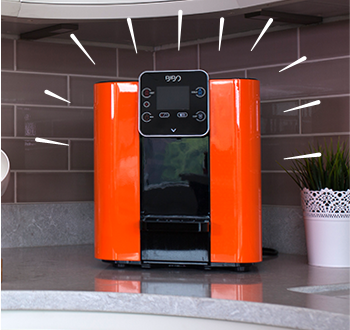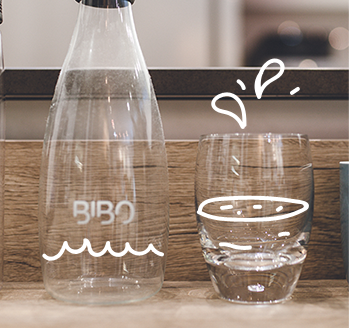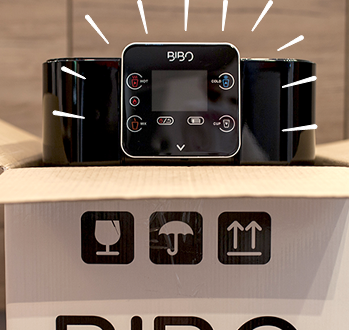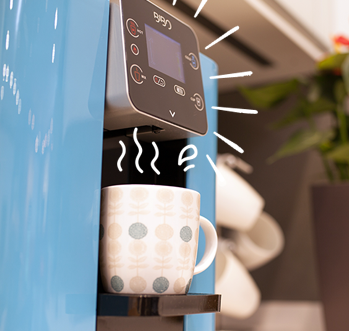Want to reduce your plastic waste? Eight million tonnes of plastic end up in the ocean every year – just let that sink in for a second. Thanks to the likes of Greta Thunberg and the legend that is David Attenborough, we’ve all seen the headlines about the environmental impact that single-use plastic has on our planet.
Wondering how you can help to make a change and take steps towards a plastic-free lifestyle? Here are our top tips for how to reduce your plastic waste.
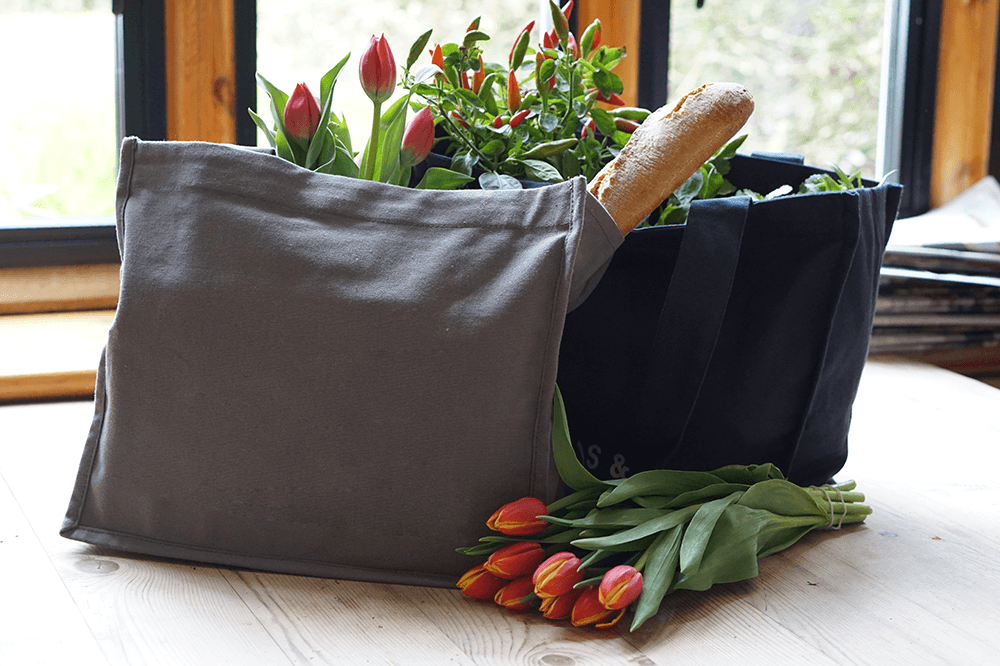
7 easy tips to reduce your plastic waste
Treat yourself and the planet to a reusable bottle or cup
One of the best steps you can take to reduce your plastic waste is to invest in a reusable bottle. Greenpeace recently stated that the UK uses around 35 million plastic bottles every day – if that isn’t a scary enough statistic to prompt you to make the change, we don’t know what is. Plus, for bonus points, if you take a reusable cup to your local coffee shops you’ll not only be looking after the environment but you’ll more often than not get a cheeky discount on your hot beverage for your efforts!
Say no to plastic straws
It’s hard to reach for a plastic straw at your local drinkery now without hearing a tiny voice in the back of your head shouting ‘save the turtles!’ Listen to that tiny voice – it’s telling you the truth! The BBC last year claimed we use an estimated 8.5 billion plastic straws every year in the UK, and that pesky straws are consistently within the top ten waste items found washed up on our shores. The government has vowed to ban them this year – along with cotton buds – but in the meantime why not invest in some trusty metal straws for your home?
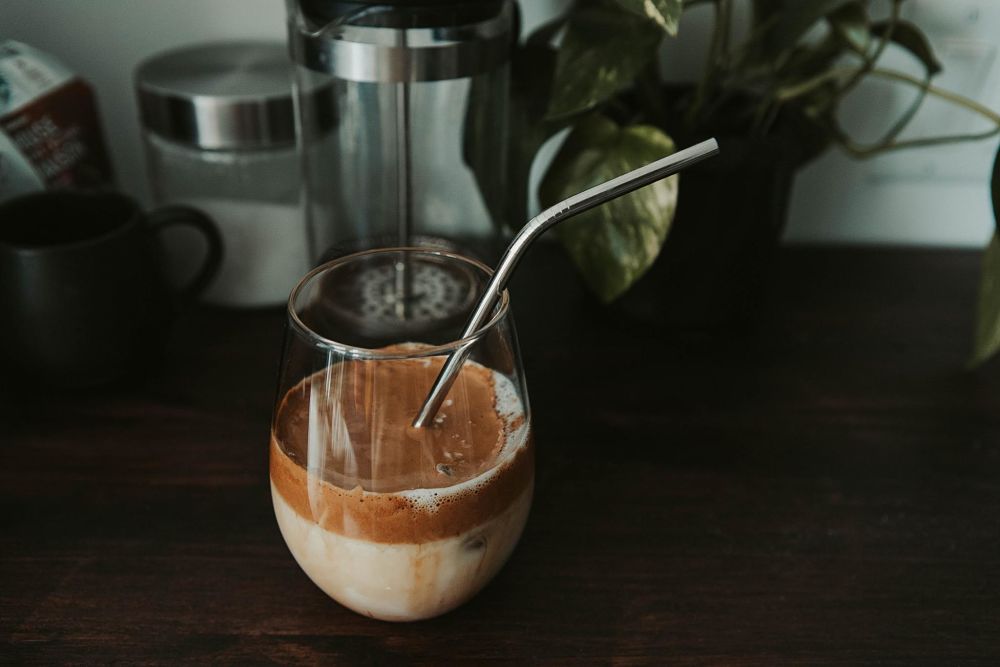
Shop local
Cut down on plastic packaging by scoping out your best local suppliers, from butchers to fishmongers, grocers, and bakers. Food wrappers are particularly pesky plastic offenders, when in fact loose fruit and veg is often priced much more reasonably. Whether it’s a change in supermarket or a conscious decision to shop at your local supplier, opt for paper bags where possible or at the very least reuse a sturdy bag for life – the clue’s in the name!
Say bye to bottled water and filter your own
When you’re in a rush, bottled water can seem like the easy option to get your filtered water fix – but that doesn’t, and shouldn’t, be the case. “Bottled water is no safer than filtered tap water, but the industry doesn’t have to disclose the results of its testing,” according to the Environmental Working Group – so don’t believe the hype! Investing in a filtered water machine such as the BIBO Classic doesn’t just provide you with the benefits of filtered water in your own home at the touch of a button, but helps you take a dedicated step towards reducing your plastic waste footprint.
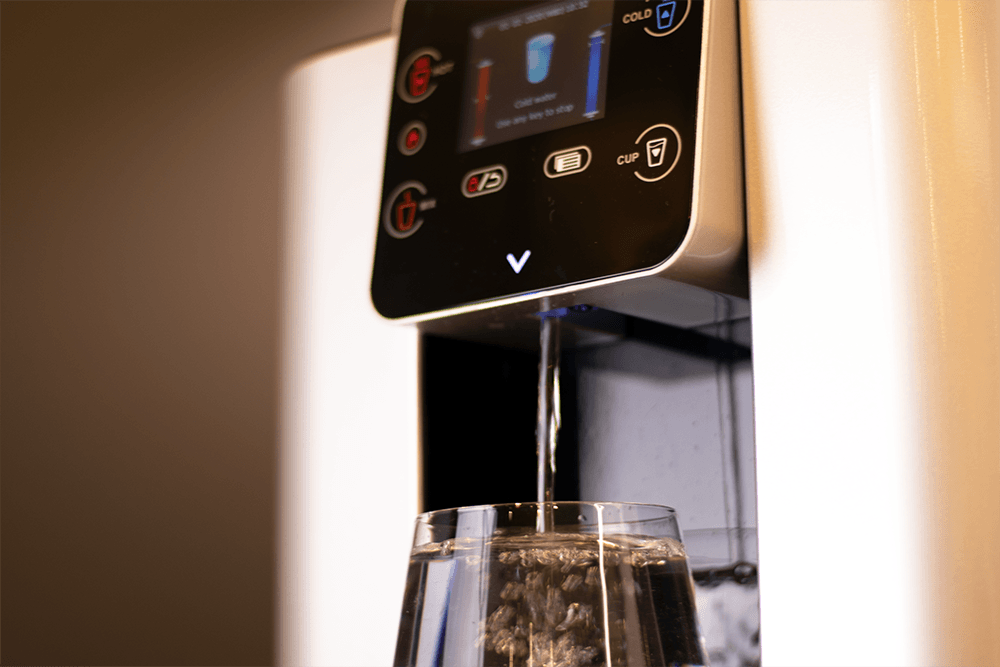
Takeaway with a conscience
It’s Friday night and you fancy a naughty little takeaway to see in the weekend, kudos to you. You may not have thought of it before, but make sure you ask the restaurant or food supplier not to deliver any plastic cutlery or straws – this is an option on most delivery apps, but you can always leave a message in the delivery notes too. This is all the more important when you consider the research in a blog from WWF that has estimated we only use plastic cutlery for 3 minutes (if we use it at all!) before tossing it in the trash.
Shop sustainably
This was news to us but a huge amount of clothes contain synthetic plastic fibres. As people look to new ways of achieving a plastic-free lifestyle, many have turned to shopping second-hand, washing their clothes less to make them last longer or opting for brands that have sustainability at the heart of their messaging. Footwear brand Allbirds is a great example of this; their brand ethos ‘Measure, Reduce, Offset’ ensures they remain committed to eradicating their carbon footprint altogether. Take the time to research where your next outfit is coming from so you can be a fashionista with sustainable sass!
Scrap the plastic food wrap
Cling film is the bane of the planet’s fight against plastic. Did you know more than 1.2 billion metres, equating to 745,000 miles of cling film is used by households across Britain every year? That’s enough to go around the circumference of the world 30 times over! Clingfilm is a nightmare to recycle meaning that it often ends up in landfills where it can take hundreds of years to degrade. Luckily there are some amazing clingfilm alternatives out there from beeswax wraps to reusable metal or glass Tupperware, silicon storage pouches, and paper sandwich bags. Moral of the story: don’t be clingy for cling film.
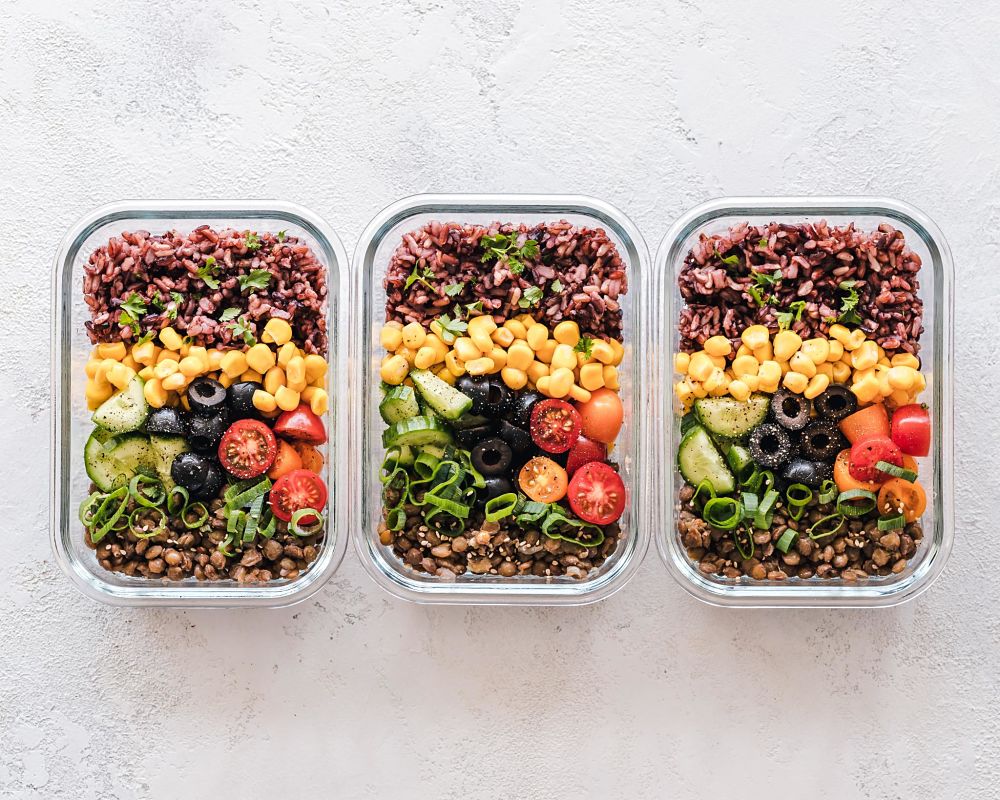
Do you have any ways of reducing your plastic waste which we haven’t included in our list? Let us know! We’d love to hear from you and further the conversation to protect the planet from single-use plastic pollution together.
Want to find out more about how BIBO can help you to lead a more eco-friendly lifestyle? Get in touch with our expert team! We’re more than happy to answer any questions or queries you may have.



